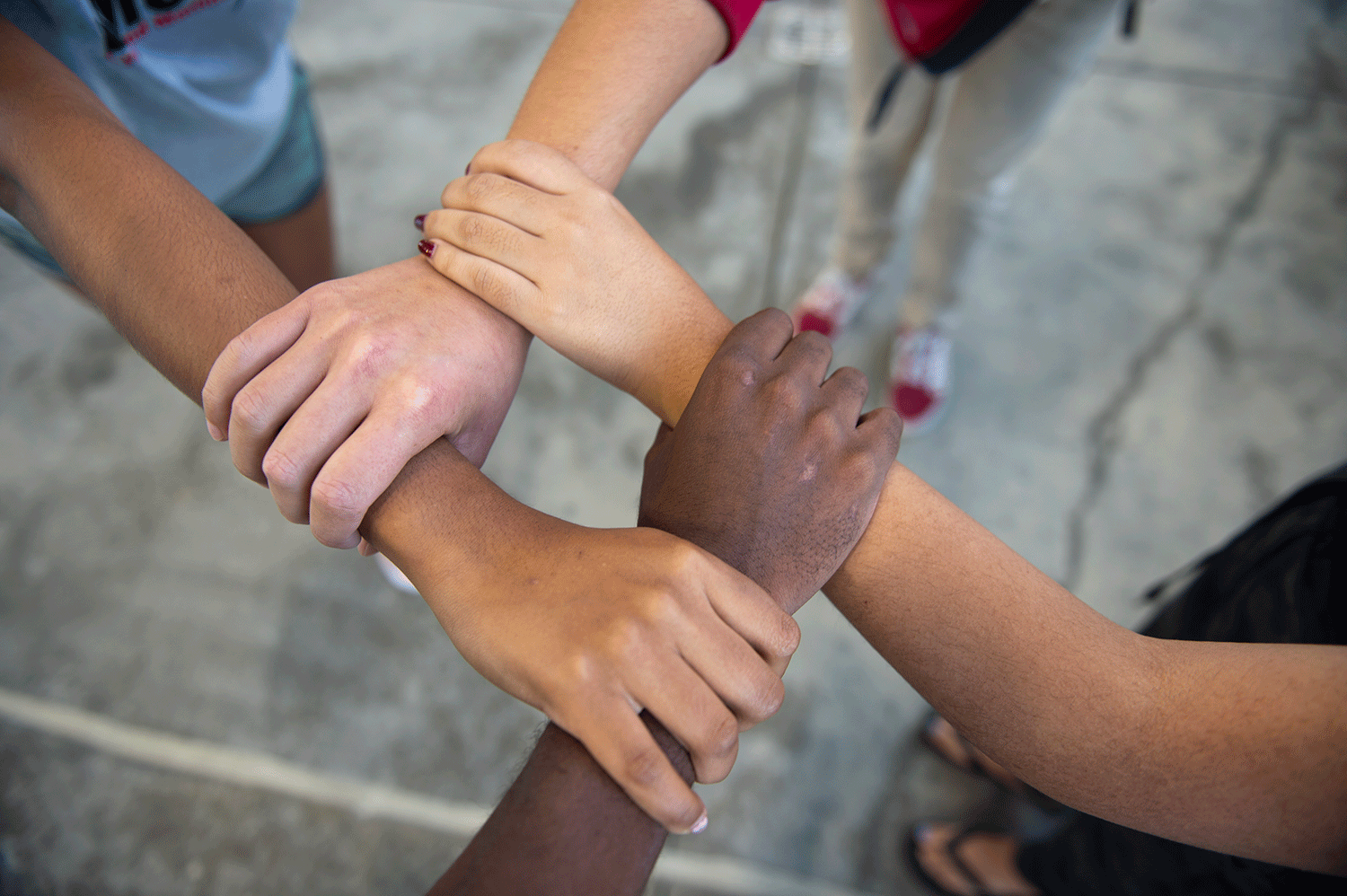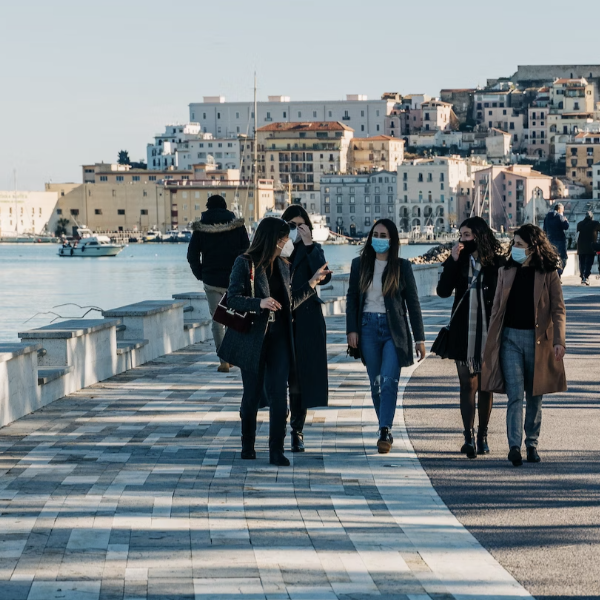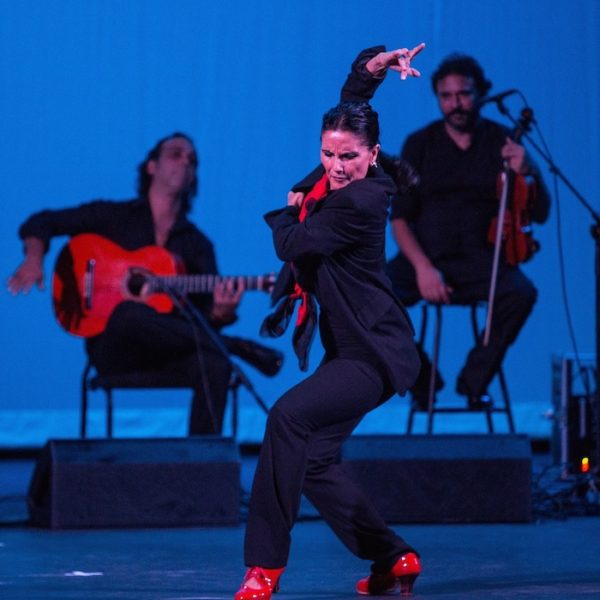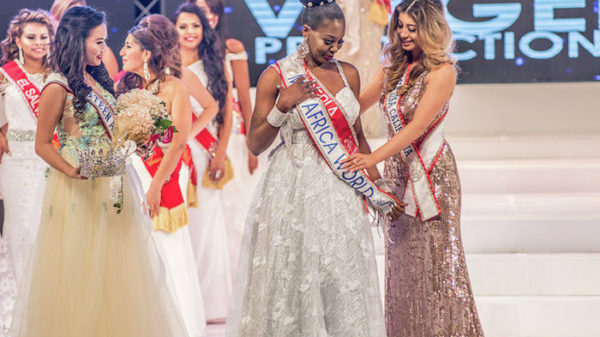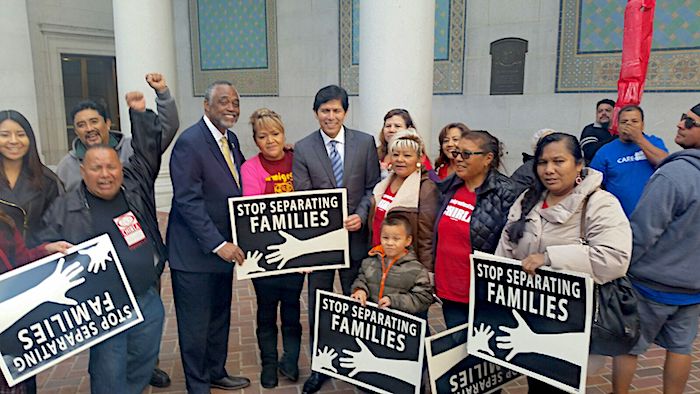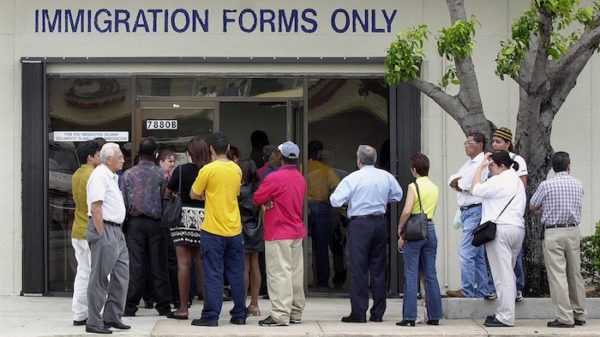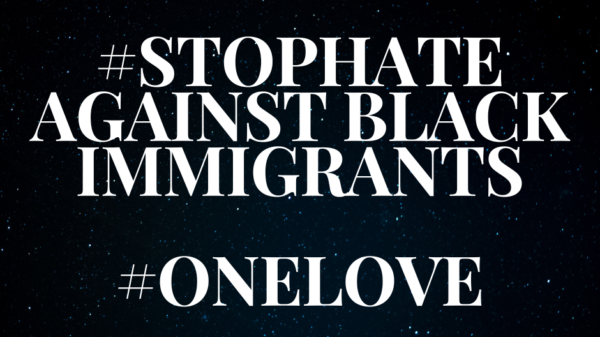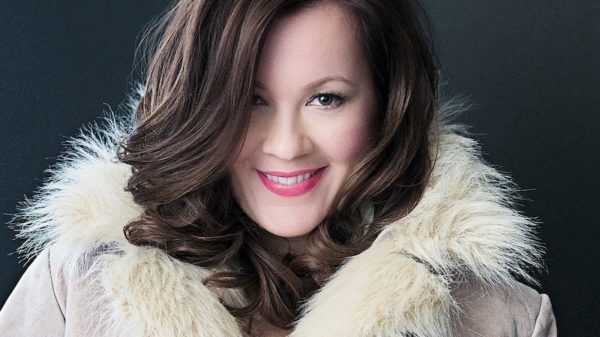Magazine, The Immigrant Experience
The view on the street is of a rapidly evolving city, that the New York Times recently called “a microcosm of the world”, where its residents speak more than 200 languages and live next to one another in relative peace, marry across racial groups and eat each other’s foods regularly.
But this diversity and coexistence seem to have outpaced its government’s current capacity to figure out how to wield and manage power, as shown by the recent scandal of the recordings. In the explosive audios, Latino leaders depicted their natural desire for representation as a zero-sum game and racist views were expressed about several different ethnic groups, including their own.
A panel discussion hosted by Ethnic Media Services (EMS) with four voices from the African American, Mexican American, and Indigenous Oaxacan communities discussed how Los Angeles can move on from this impasse.
Jasmyne Cannick, Advocate, Writer and Political Strategist shared her thoughts On the issues confirming the existence of bigoted and racist representatives in government. the impact she said remains to be seen and since Kevin De Leon and Gil Cedillo have refused to resign. she lamented that the full impact if they are allowed to stay, sends a bad message to minority communities.
Arcenio López, Executive Director, MICOP, Mixteco Indígena Community Organizing Project, though not a resident of Los Angeles shared his perspective on the work he does with sadness from similar experiences of racism he had experienced. “It is hard to process as it comes from elected people in positions of power. Even though it is not truly surprising, since as indigenous people there is still systemic racism, this however should not be tolerated” he said, and “enough is enough because we have been dealing with this for many years”. About the impact of them not leaving or resigning he responded that “we are validating this kind of behavior and it says a lot about what systems we are creating. I think the impact will be determined when they leave”.
Richard Rodriguez, Journalist and Writer, Author of “Brown: The Last Discovery of America” and “Hunger of Memory, the Education of Richard Rodriguez” among other books, also not a Los Angeles resident talked about his piece written after the Rodney King trial sharing that Los Angeles was just being born and lamented that the optimism he had is being shattered by this scandal which has turned the liberal-left on its head. It has become multiracial racism with the mockery of African Americans, Natives, and Jewish people,” they were at war with the rest of Los Angeles, and at this point, Los Angeles was mimicking the worst of its impulses” he said.
Erin Aubry Kaplan, Journalist and Author, has written for the LA Times, the New York Times, the LA Weekly, Essence, and many other publications a native Angeleno and African American expressed that she felt two things one was of her father being a black activist who worked hard to build a coalition with all ethnicities. She was not surprised because in 1998 she wrote an article about the reality of black people in South Central who have complicated feelings about the expansion of Latinos in the community. There is a sense of insecurity when the deeper question has been what the implication would be for black residents. Secondly, the concern of colorism which occurs within the Latino community was obviously not the case but about the denigration of blacks; “the f……the blacks” She challenged that denigration cannot be separated from governance and though working as allies, Kevin De Leon expressed that the first people to be displaced were the blacks. Reiterating the question of who we are as is often said, “this is not what we are, then what do we do about it, what about black folks in Los Angeles? Racial Justice is not just a black issue and while everybody loves to talk about it, how do we put it into policy, and how do we change it?”
Reminding folks How hard it had been to get Latino representation, moderator Pilar acknowledged that while Los Angeles is now half Latino the black population has been diminishing making it necessary to have this conversation as hard as it might be.
Jasmyne intimated that representation does not require one to be of a certain race to represent everyone, “ you do not have to be of a certain race to represent a district; there are no black districts, so the idea that you can only be Latino to care about Latinos is false. All governments need to make sure that all races are always represented regardless of the race of the representative”. Erin agreed, that you do not have to be black to represent blacks and it is about equity. “We need quality representation because history has shown that you could have black representatives who do not serve black people well. In LA while Latinos have a special relationship with black people living next door to each other unlike whites and Asians, it has however not translated into political power”
Speakers also noted that colorism has been made a factor because history is not been well taught in schools, Arcenio noted. “The curriculum has been driven more from a white perspective and so more needs to be done. It is not about Latino representation but the quality of representation. Kevin De Leon and Gil Cedillo do not represent the type of Latino representation that Latinos need”.He emphasized that the first indigenes of Los Angeles’ voices need to be recognized and it is important to keep working on the process of decolonization in the representation.
“ Latinos don’t choose our representatives all the time” Richard shared. Raised by an Indian family he never had a sense of being Latino, especially as one living with features that are mostly Indian he was always considered as “other” in Latino circles. This he said shaped him throughout his experiences growing up.
Moderator Pilar pointed out that racialized politics has been the way in Los Angeles as politicians go through the revolving door. She asked the question how do we move forward institutionally?
“When things like this happen these offenders cannot come to the party to run. They should not be able to hold office again and it would be good to see an independent committee that is not beholden to the council” Jasmyne suggested.
Arcenio suggested that the term “Latinx” is misleading and it would be nice to see indigenous voices intentionally represented. Indigenous people should be part of the conversation and not have others speaking on their behalf. The system should intentionally give space for their representation because when people are not aware of your history these types of mistakes occur. “Indigenous Oaxacan communities need to be recognized and that has not been the case in Los Angeles. They cannot represent people they do not know”.
Holding the media to task, Richard observed that Spanish-language media has not served the Latino Community well. “Young people must find a voice and sound like African-Americans do through their media. Until all the others learn to find a voice they will always be left behind and depend solely on their numbers” Waiting for the leaders like those in this instance who are failing them.
Acknowledging the strength the black culture has had on society, Erin however lamented that it had not translated into political power and suggested the works of James Baldwin be read by everyone.
Ricardo a former Los Angeles resident now residing in Venezuela chimed into the discussion with his views that issues plaguing Los Angeles were universal, especially the indigenous community. There is a lot of work to be done at the base to cross those racial divides. “ It seems to me that the next mayor of Los Angeles She/Him needs to be a unifier and ‘reconciliator’. The LAUSD, Community Colleges, Universities, Synagogues, Mosques, Churches, Community Groups, Unions, and businesses need education on racial and multicultural proficiency. Racial discrimination is an issue that goes beyond the city of Los Angeles and extends from Mexico to Argentina including the Caribbean. The ethnic media needs to cover other racial communities’ issues not only their own. How often can we read Black or Indigenous issues at La Opinion of Los Angeles?”
“People can be anti-black” Jasmyne concluded.
Arcenio emphasized the need for an ongoing conversation on these issues and very importantly “being careful who we elect when we vote”.
“The future is not the young because they are more apt to call themselves “blackasians”. Richard reminded everyone that “culture can be shared”.
Erin concluded that the solution is with the people and we need to engage on issues as neighbors. “How do we live together and not kill each other?”

